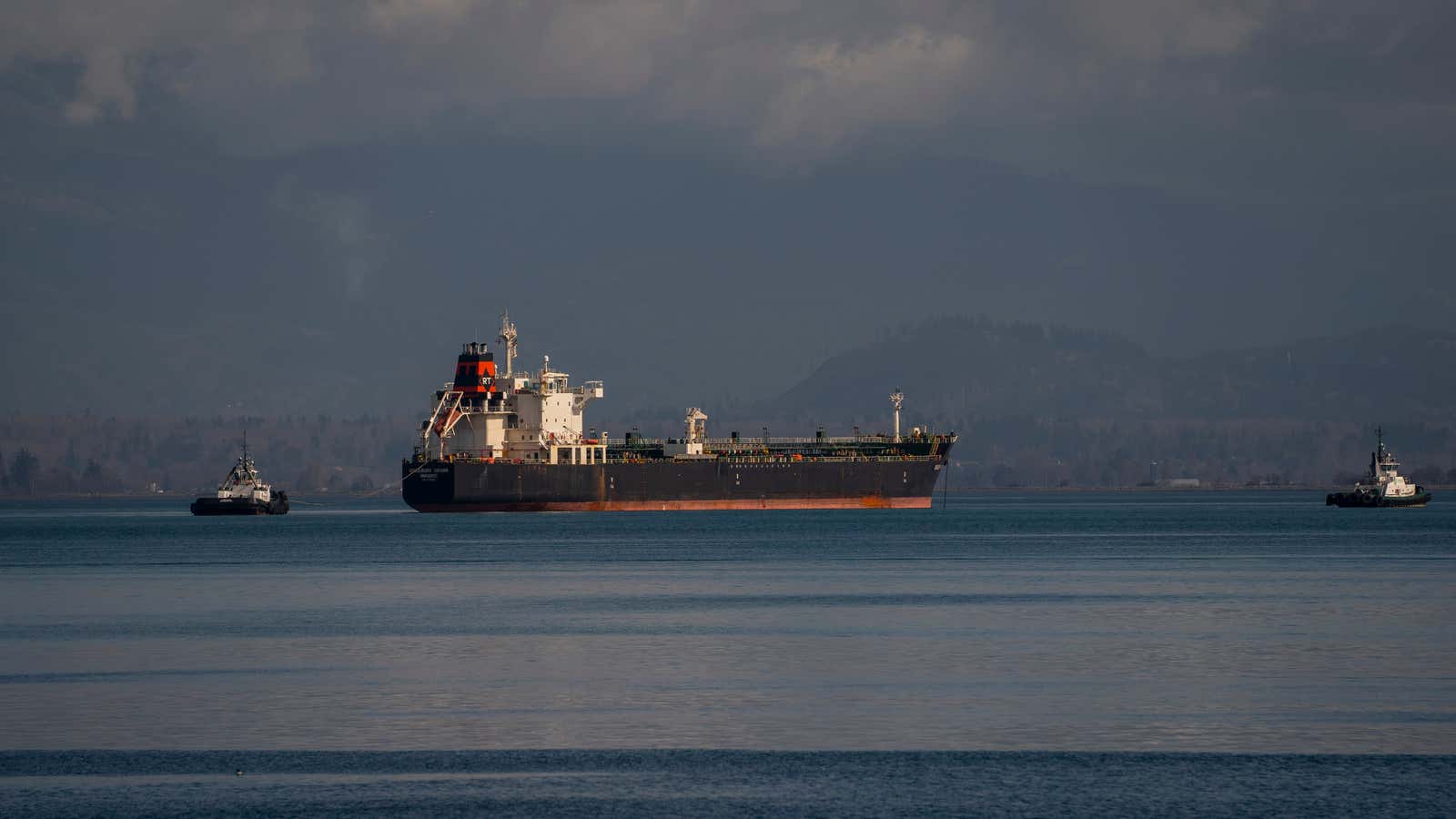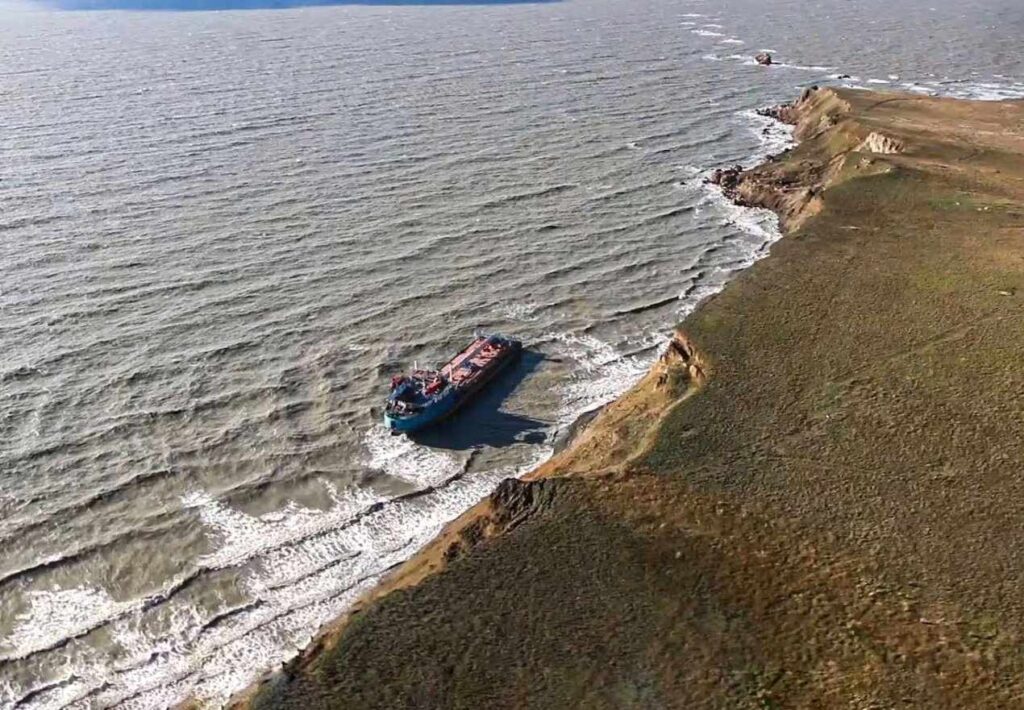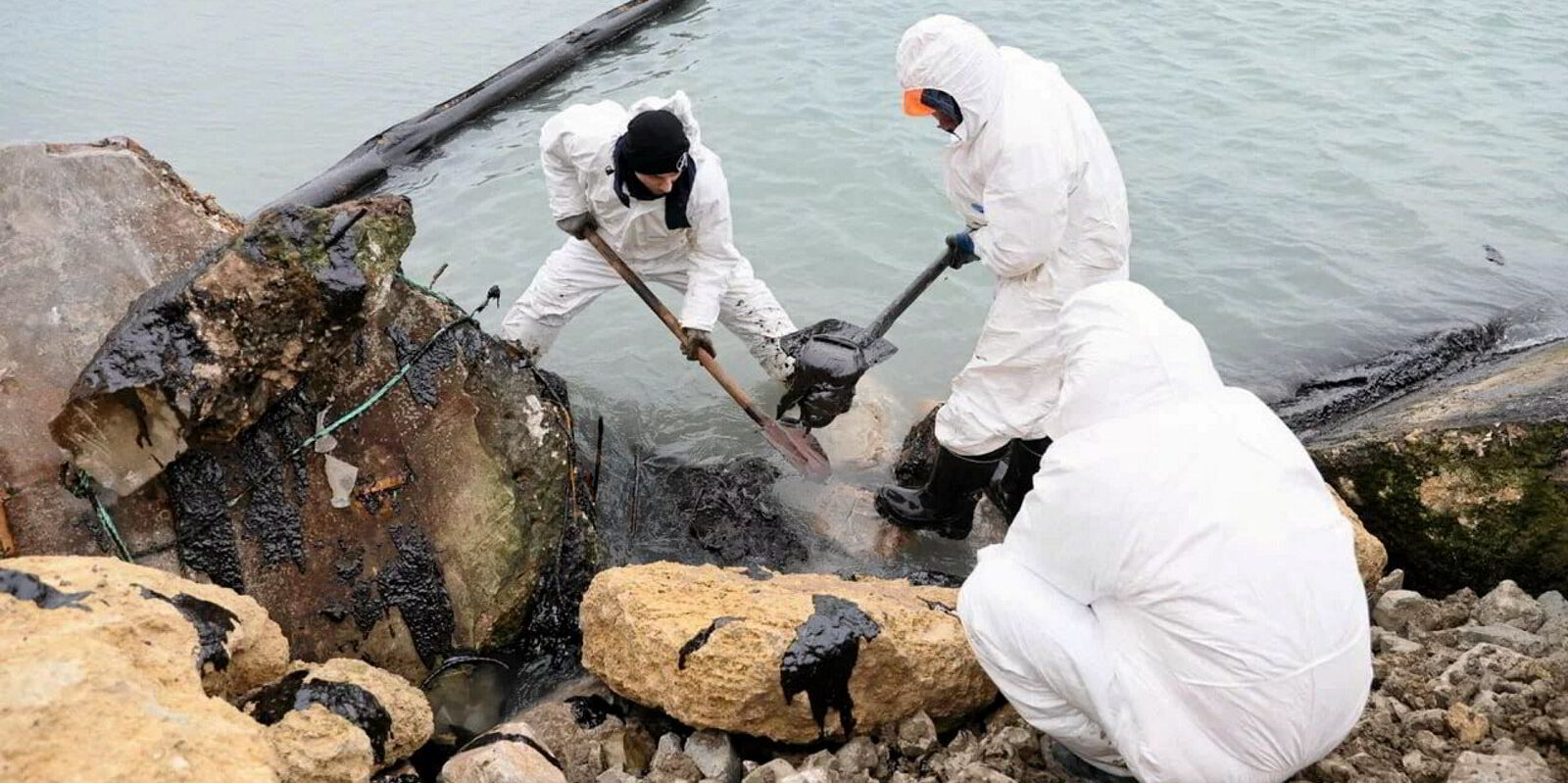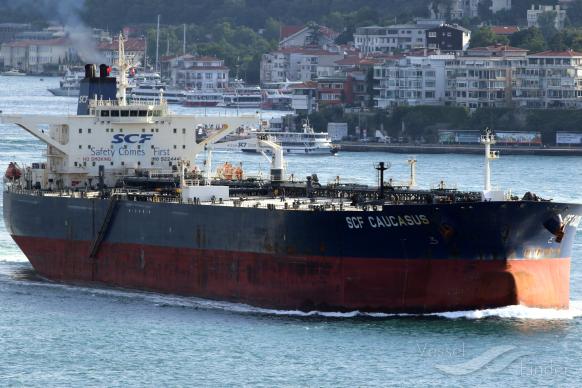
By : Georgiy Klyuyev
Marine Consultant
The oil spill in the Black Sea, triggered by the sinking of the Volgoneft-212 and Volgoneft-239 tankers, has evolved into a multifaceted crisis. Beyond its devastating environmental impact, emerging evidence suggests the involvement of illicit oil trading schemes designed to circumvent international sanctions. These revelations intensify the already pressing need for greater regulatory oversight and coordinated maritime security efforts.
Environmental Devastation and Cleanup Challenges
The December 2024 oil spill, labeled by experts as one of the worst ecological disasters in the region, released between 2,400 and 5,000 tonnes of heavy fuel oil (mazut) into the Black Sea. The spill has contaminated over 37 miles of coastline, particularly affecting areas in Krasnodar Krai, Crimea, and the Berdyansk Spit. Cleanup operations have recovered over 173,000 tonnes of polluted sand and soil, but the contamination remains severe.
Toxic benzo[a]pyrene in beach soil
A recent report from the Institute of Water Problems has confirmed the presence of toxic benzo[a]pyrene in beach soil samples, with levels exceeding safety thresholds by 2,150%. This carcinogenic compound, a byproduct of the spilled mazut, now poses severe health risks to residents and visitors. The once-popular beaches of Anapa, now deemed unsafe, may remain hazardous for years to come.
Sanctions Evasion and Tanker Links
New findings from the United World Economy Center (UWEC) indicate that the cargo aboard Volgoneft-212 was intended for transfer to the tanker FIRN, which is known for its involvement in bypassing international sanctions. FIRN, constructed for the Russian shipping giant Sovcomflot, has previously been implicated in transporting sanctioned oil from Venezuela and Russia. While not officially blacklisted by the U.S. Treasury Department, intelligence from Ukrainian agencies, Greenpeace, and independent monitoring organizations confirms its role in shadow fleet operations.
The Volgoneft-212

The Volgoneft-212 and another vessel, Volgoneft-109, were both in the transshipment zone near the Port of Kavkaz when the accident occurred. This raises serious questions about the oversight of ship-to-ship (STS) oil transfers in these waters, as such operations have been frequently exploited to disguise the origins of sanctioned crude.
Regulatory and Legal Implications
The spill has renewed calls for stricter maritime regulations, particularly concerning aging Soviet-era tankers. Both sunken vessels were over 50 years old, lacked modern safety certifications, and were deemed unsuitable for open-sea navigation. Their failure to comply with severe weather restrictions directly contributed to the disaster.
Impose further restrictions on Russia;s oil tanker fleet

Furthermore, the link to sanctions-dodging activities underscores the need for increased scrutiny of STS transfers in high-risk maritime corridors. Ukrainian officials have urged the international community to impose further restrictions on Russia;s oil tanker fleet, while environmental groups demand a full investigation into the use of shadow tankers operating in the Black Sea
Long-Term Consequences and Future Measures
With cleanup efforts ongoing and legal proceedings initiated against the captains of the sunken vessels, the long-term environmental and economic repercussions remain uncertain. Marine ecosystems could take over a decade to recover, and the tourism industry in affected regions faces potential collapse. The incident serves as a stark reminder of the vulnerabilities in global maritime enforcement and the high cost of unregulated oil trading networks.
Urgent reforms environmental safety
The Black Sea disaster should prompt urgent reforms in environmental safety, ship decommissioning policies, and anti-sanctions enforcement mechanisms
Without decisive action, similar catastrophes will remain an ever-present threat in politically contested waters.
Read More :
Georgiy Klyuyev writes : Crisis in the Black Sea
Georgiy Klyuyev writes : No Action on the Kerch Strait Disaster






